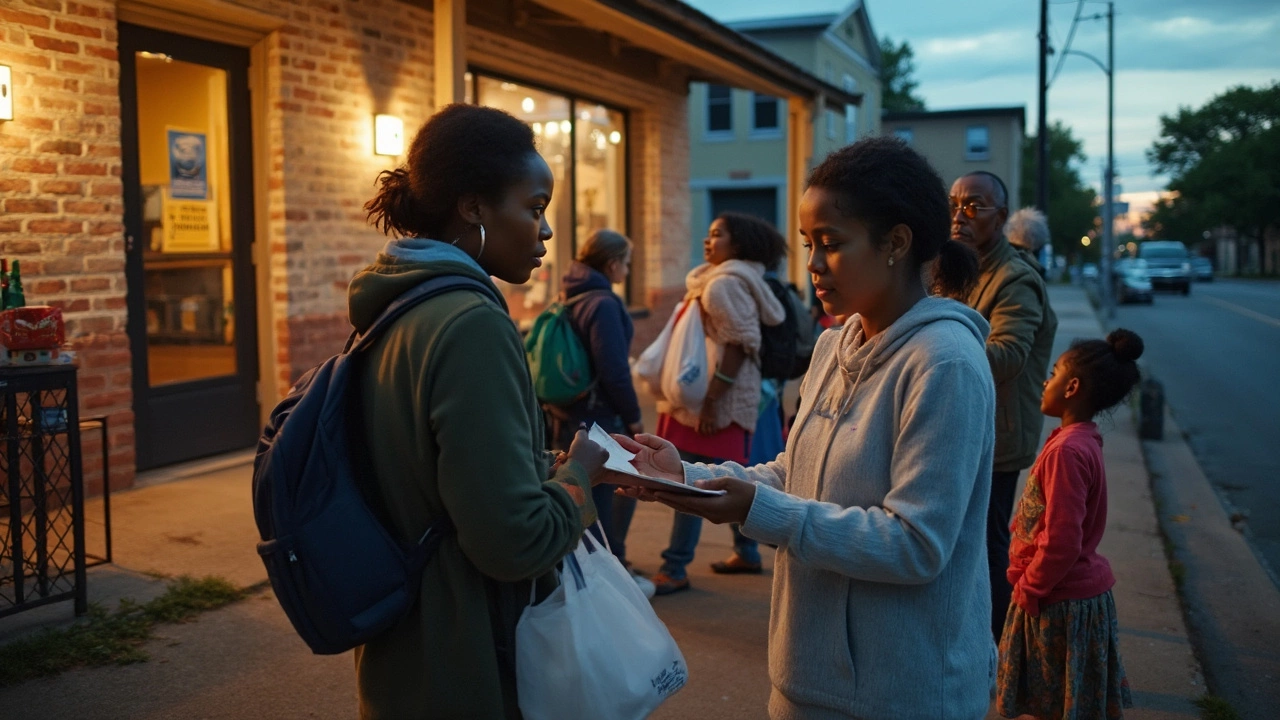Homelessness Resources & Guides
If you or someone you know is dealing with homelessness, you need clear, useful info fast. This page pulls together the most helpful articles on the topic – from the latest legal changes to practical tips on shelters, care packages, and the best cities to find help. Think of it as a one‑stop toolbox you can browse whenever you need a quick answer.
Legal basics you need to know
Many people assume you can camp or sleep anywhere, but laws vary a lot by state and even by city. In Texas, for example, HB 1925 introduced a statewide camping ban that makes it illegal to set up a tent in public areas. Cities have added their own penalties, and getting a citation can mean a fine or a court date.
If you’re asked by police to move, you have the right to ask why and to request a written citation. Knowing your rights can prevent a small misunderstanding from turning into a bigger legal problem. In states where sleeping in public is still allowed, local ordinances might limit the time you can stay in a park or require you to move after dark.
When you’re unsure about the rules, a quick call to the local non‑profit shelter or a city social services office can clarify what’s allowed. They often keep updated flyers or websites that list the exact regulations for your area.
Practical help: shelters, care packages & city resources
Finding a safe place to stay is the first step. Most towns have at least one emergency shelter that offers a bed, a shower, and a meal. Larger cities usually have a network of day centers, drop‑in sites, and longer‑term options. The best way to locate them is to call the local council’s housing helpline or check the national homelessness directory online.
When you’re putting together a care package, it’s tempting to add lots of stuff, but some items can actually cause problems. Items like toiletries with strong scents, opened food containers, or large amounts of cash can make distribution harder for volunteers. Stick to sealed, non‑perishable snacks, basic hygiene kits (toothbrush, toothpaste, soap), and a simple note with contact info for local services.
Looking for a city with strong support? Places with mild weather, a high number of shelters, and active volunteer networks tend to be the easiest to navigate. Cities such as Bristol, Manchester, and Glasgow rank high for the breadth of services they provide, from medical clinics to employment advice.
Don’t forget community groups. Local churches, charities, and youth clubs often run food banks, hot‑meal sessions, and clothing drives. A quick search for “homeless support + your town” will usually point you to these hidden gems.
Finally, remember that help isn’t just about a roof. Legal advice clinics, mental‑health counsellors, and job‑training programs are frequently offered through the same organizations that run shelters. Asking for a referral can open doors to long‑term stability.
Use this page as a launchpad: click on any article that matches your situation, take notes, and reach out to the resources mentioned. You don’t have to face homelessness alone – the right information makes a big difference.

Most Requested Items by Homeless People: Actual Needs & Actionable Ways to Help
Dig into what homeless people actually ask for most, debunking myths, diving into real needs, and sharing hands-on advice so you can make a real impact.

Go Grant Arkansas: How It Helps People Facing Homelessness
The GO Grant in Arkansas gives practical help to people facing homelessness, not just students. This article breaks down what the GO Grant is, who can apply, and what kinds of support it offers. You’ll learn how it connects people to shelters, helps pay for essentials, and even gives tips for successful applications. From real-life scenarios to tips on finding the right resources, this guide is for anyone needing clear advice about this unique Arkansas program.